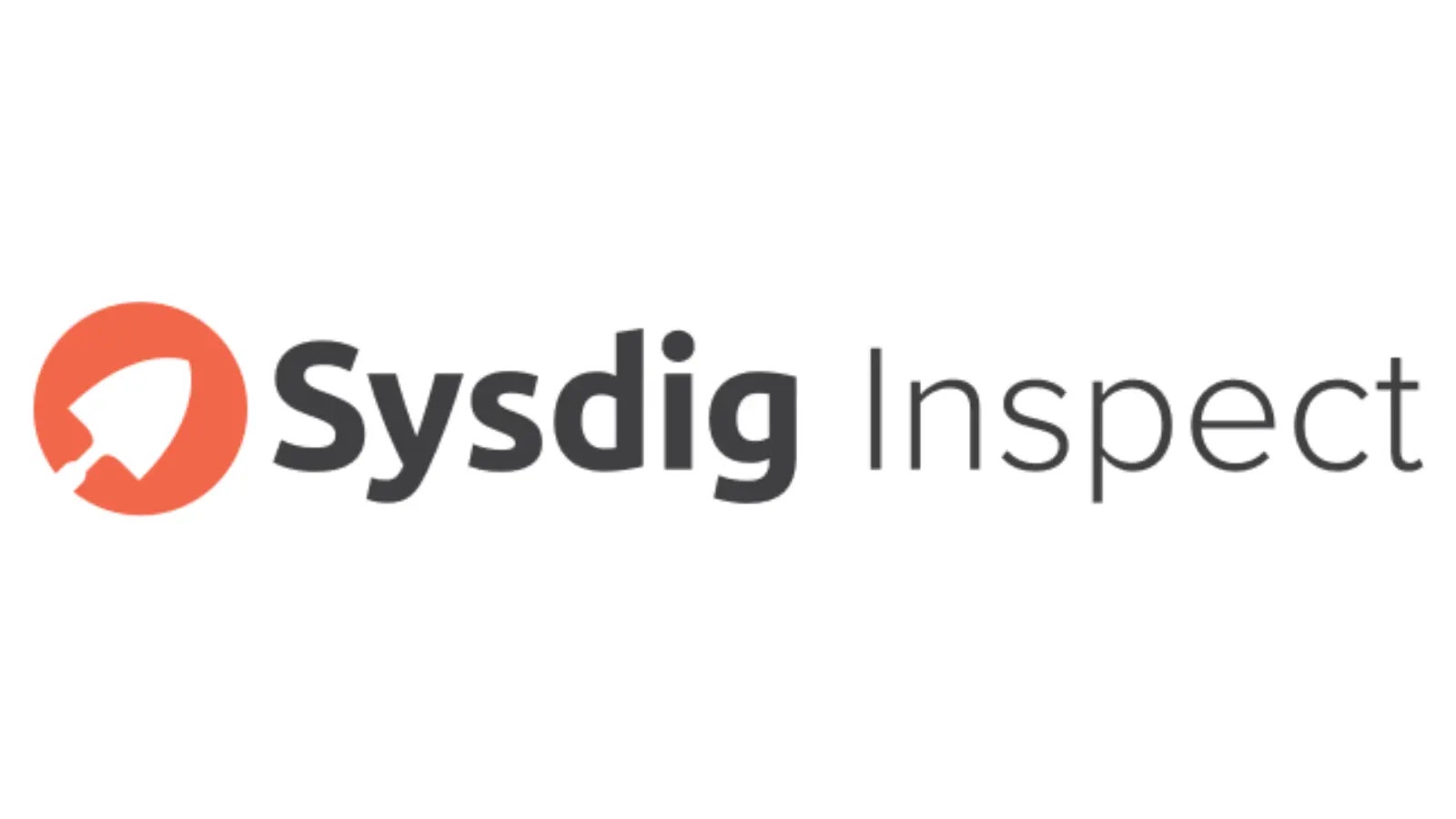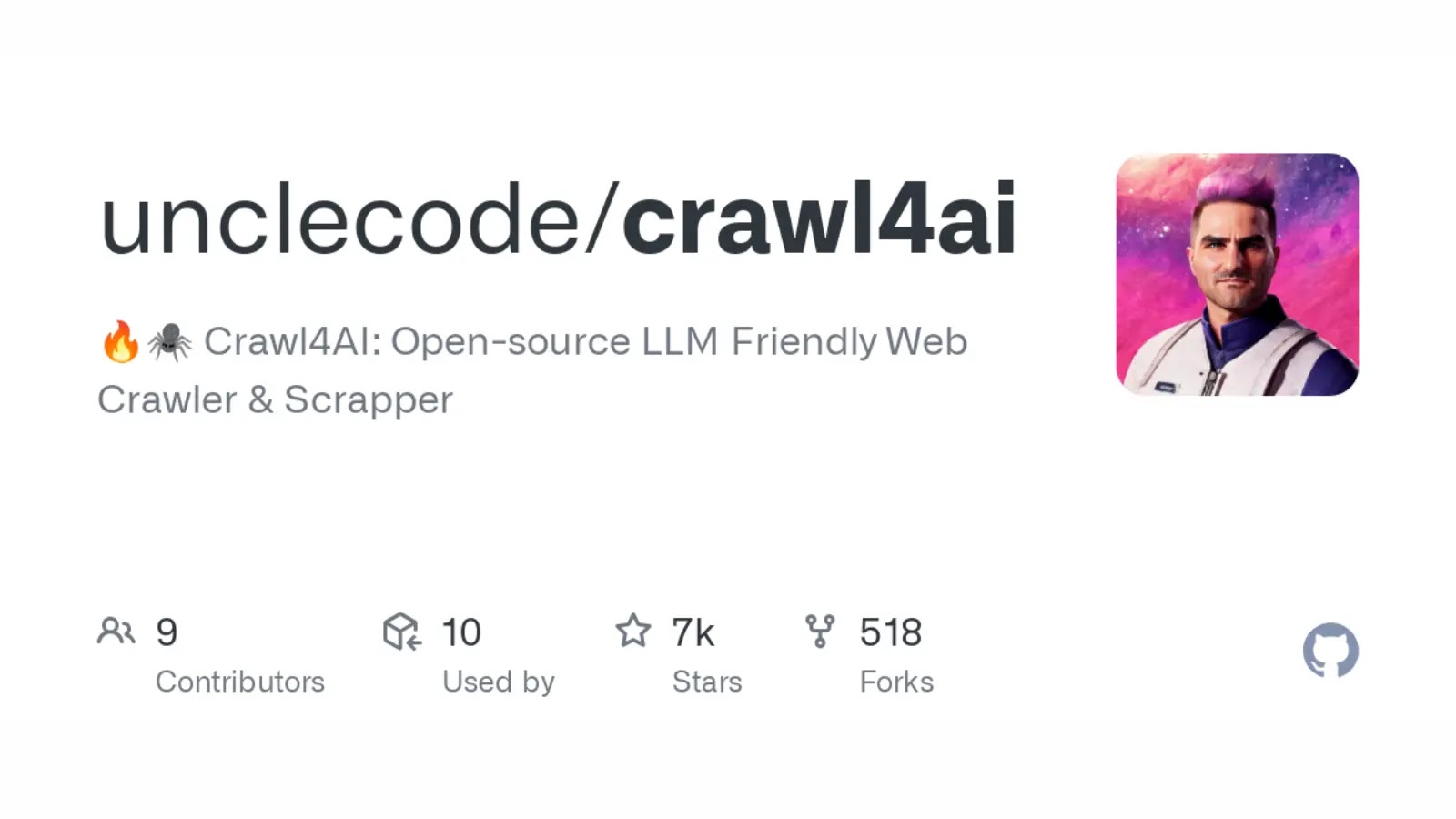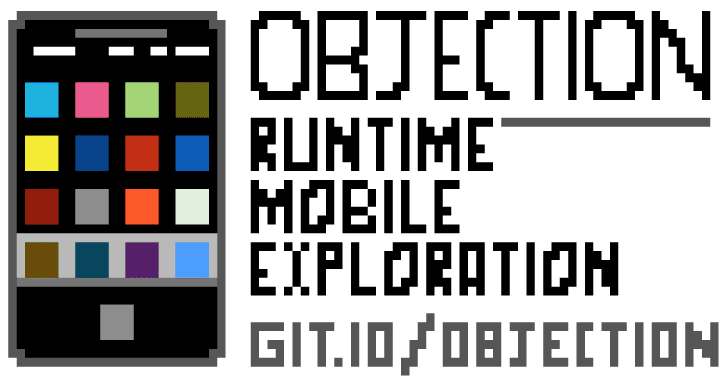SMBeagle is an (SMB) file share auditing tool that hunts out all files it can see in the network and reports if the file can be read and/or written. All these findings are streamed out to either a CSV file or an elastic search host, or both!?
SMBeagle tries to make use of the win32 APIs for maximum speed, but fails back to a slower ACL check.
It has 2 awesome use cases:
Cast a spotlight on weak share permissions.
Businesses of all sizes often have file shares with awful file permissions.
Large businesses have sprawling shares on file servers and its not uncommon to find sensitive data with misconfigured permissions.
Small businesses often have a small NAS in the corner of the office with no restrictions at all!
SMBeagle crawls these shares and lists out all the files it can read and write. If it can read them, so can ransomware.
Lateral movement and privilege escalation
SMBeagle can provide penetration testers with the less obvious routes to escalate privileges and move laterally.
By outputting directly into elasticsearch, testers can quickly find readable scripts and writeable executables.
Finding watering hole attacks and unprotected passwords never felt so easy!
Please see Kibana readme for detailed instructions on installing and using the Kibana dashboards which provide management visuals and makes data pivoting all the easier.
The only mandatory parameter is to set an output, which should be either an elasticsearch hosts IP address or a csv file.
A good starting point is to enable fast mode and output to csv, but this CSV could get huge depending on how many files it finds.
./SMBeagle.exe -c out.csv -f
Full Usage
USAGE:
Output to a CSV file:
SMBeagle -c out.csv
Output to elasticsearch (Preffered):
SMBeagle -e 127.0.0.1
Output to elasticsearch and CSV:
SMBeagle -c out.csv -e 127.0.0.1
Disable network discovery and provide manual networks:
SMBeagle -D -e 127.0.0.1 -n 192.168.12.0./23 192.168.15.0/24
Scan local filesystem too (SLOW):
SMBeagle -e 127.0.0.1 -l
Do not enumerate ACLs (FASTER):
SMBeagle -A -e 127.0.0.1
-c, –csv-file (Group: output) Output results to a CSV
file by providing filepath
-e, –elasticsearch-host (Group: output) Output results to
elasticsearch by providing elasticsearch
hostname (port is set to 9200
automatically)
-f, –fast Enumerate only one files permissions per
directory
-l, –scan-local-drives Scan local drives on this machine
-L, –exclude-local-shares Do not scan local drives on this machine
-D, –disable-network-discovery Disable network discovery
-n, –network Manually add network to scan
-N, –exclude-network Exclude a network from scanning
-h, –host Manually add host to scan
-H, –exclude-host Exclude a host from scanning
-q, –quiet Disable unneccessary output
-v, –verbose Give more output
-m, –max-network-cidr-size (Default: 20) Maximum network size to scan
for SMB Hosts
-A, –dont-enumerate-acls (Default: false) Skip enumeration of file
ACLs
–help Display this help screen.
–version Display version information.
Architecture
SMBeagle does a lot of work, which is broken down into loosely coupled modules which hand off to each other. This keeps the design simple and allows us to extend each module easily.

We only run on Windows at the moment, even though we are using dotnetcore which is cross-platform. SMB support is relatively weak on Linux and we take advantage of a lot of Win32 APIs on the SMB side. We do have an open issue for this though so please lend your support if you want to see it.

.webp)








.webp)











